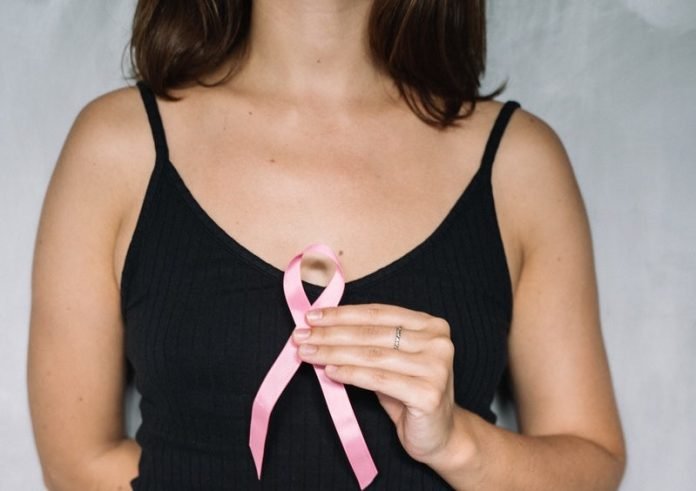
In a new study from the Universidade Federal do Rio Grande do Sul, researchers found that commonly used medications for type 2 diabetes and obesity called glucagon-like peptide-1 receptor agonists (GLP-1 RAs), are not associated with an increased risk of breast cancer.
The finding shows GLP-1RAs can be used as adjuncts to diet and exercise in people with type 2 diabetes and those without type 2 diabetes and excess weight.
GLP-1 RAs have been shown to be effective in treating obesity and type 2 diabetes and in reducing heart disease.
These drugs include albiglutide (Tanzeum); dulaglutide (Trulicity); exenatide (Byetta); extended-release exenatide (Bydureon); liraglutide (Victoza, Saxenda); lixisenatide (Adlyxin); and semaglutide (Ozempic, Rybelsus).
The new study was designed to test whether patients treated with GLP-1 RAs had a higher risk of breast cancer.
The team reviewed 52 clinical trials that compared GLP-1 RAs with non-GLP-1 RAs (either other diabetes or weight-loss drugs or placebos) in adults with overweight, obesity, prediabetes or diabetes.
The studies had a minimum follow-up period of 24 weeks and reported at least one event of breast cancer or benign breast neoplasm. They included a total of 90,360 participants.
The analysis found treatment with GLP-1 RAs was not linked to increased rates of breast cancer or benign or premalignant breast neoplasms, compared to placebo or other diabetes or weight-loss drugs.
If you care about breast cancer, please read studies about a big cause of deadly breast cancer and findings of common blood pressure drugs may increase breast cancer death risk.
For more information about diabetes drugs, please see recent studies about this diabetes drug may help treat heart failure and results showing that new type of diabetes drug can work well.
The study was presented at ENDO 2021. One author of the study is Giovana Fagundes Piccoli, M.D.
Copyright © 2021 Knowridge Science Report. All rights reserved.



